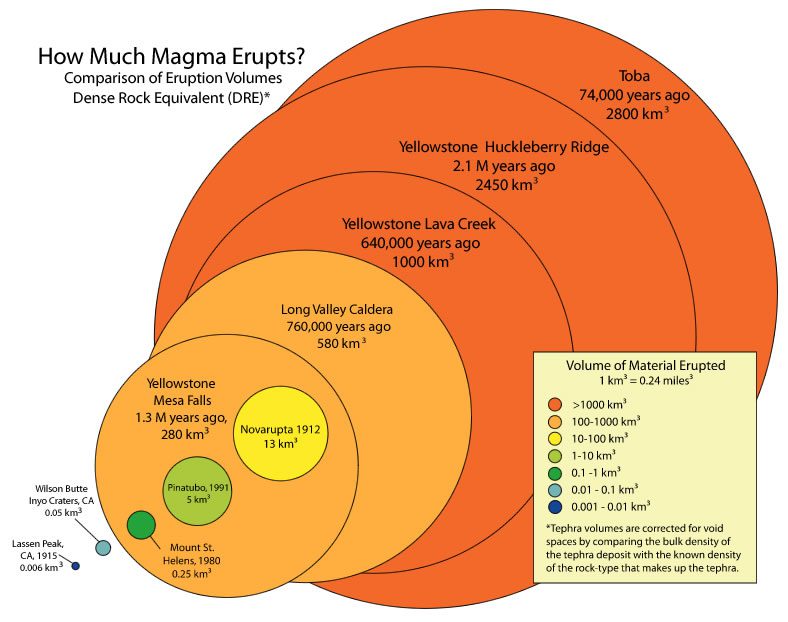Earthquakes and volcanoes are two of the most devastating natural disasters on our planet. While earthquakes are more frequent, volcanoes tend to have a more localized impact and can often be predicted before they erupt. Both disasters can cause significant damage, loss of life, and long-lasting effects on the environment. Earthquakes tend to have a more widespread impact, affecting larger geographic areas. On the other hand, volcanoes can erupt in various sizes, from small lava flows to massive pyroclastic eruptions. Being prepared and having emergency plans in place is the best way to minimize the impact of these natural disasters.
Comparing Earthquakes and Volcanoes: Which is More Dangerous?
Introduction
Natural disasters such as earthquakes and volcanoes are some of the most devastating events that can occur on our planet. They can cause severe damage to property, infrastructure, and even loss of life. But when it comes to comparing earthquakes and volcanoes, which one is more dangerous?
Let’s take a closer look at both natural disasters to see how they compare.
What are Earthquakes?
Earthquakes are the shaking or trembling of the earth’s surface, caused by the movement of the earth’s crust. They occur when two blocks of the earth’s crust suddenly slip past one another.
Earthquakes can range in intensity from a barely noticeable tremor to a catastrophic quake that causes widespread damage and loss of life. They can also trigger secondary disasters such as landslides and tsunamis.
What are Volcanoes?
Volcanoes are geological formations that occur when molten rock, ash, and gas escape from beneath the earth’s surface. They can be found above subduction zones where tectonic plates collide and beneath the ocean floor.
Volcanoes can erupt in various sizes, from small lava flows to massive pyroclastic eruptions. Their primary danger is in the unpredictable nature of their eruptions, which can cause significant damage to property and infrastructure, disrupt air travel, and even cause loss of life.
Comparing Earthquakes and Volcanoes
Both earthquakes and volcanoes can have a significant impact on the environment, leading to loss of life and destruction of property. But there are some notable differences between the two.
- Frequency: Earthquakes are more frequent than eruptions. According to the USGS, there are approximately 50,000 earthquakes each year, while there are only 50-70 volcanic eruptions.
- Location: While earthquakes can occur anywhere in the world, volcanoes are typically found at the edges of tectonic plates. This means that certain countries and regions are more prone to volcanic activity, such as the Pacific Ring of Fire.
- Impact: While both natural disasters can cause significant damage, earthquakes tend to have a more widespread impact, affecting larger geographic areas. On the other hand, volcanoes tend to be more localized, with the most significant damage occurring in the immediate vicinity of the eruption.
- Warning signs: Earthquakes tend to occur suddenly and without warning, making it difficult to predict when they will happen. In contrast, volcanoes often give warning signs before they erupt, such as increased seismic activity, changes in gas emissions, or changes in the shape of the volcano.
- Duration: Earthquakes typically last just a few seconds, while volcanic eruptions can last for days, weeks, or even months.
Conclusion
When it comes to comparing earthquakes and volcanoes, there is no clear answer as to which one is more dangerous. Both natural disasters can cause significant damage, loss of life, and long-lasting effects on the environment. While earthquakes occur more frequently, volcanoes tend to have a more localized impact and can often be predicted before they erupt. Ultimately, the best way to minimize the impact of these natural disasters is to be prepared and have emergency plans in place.
